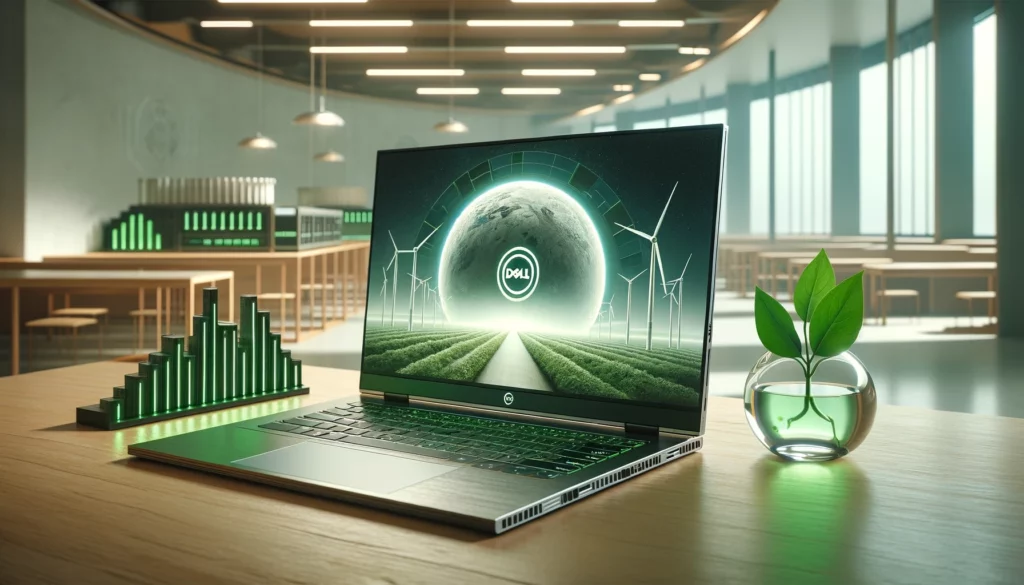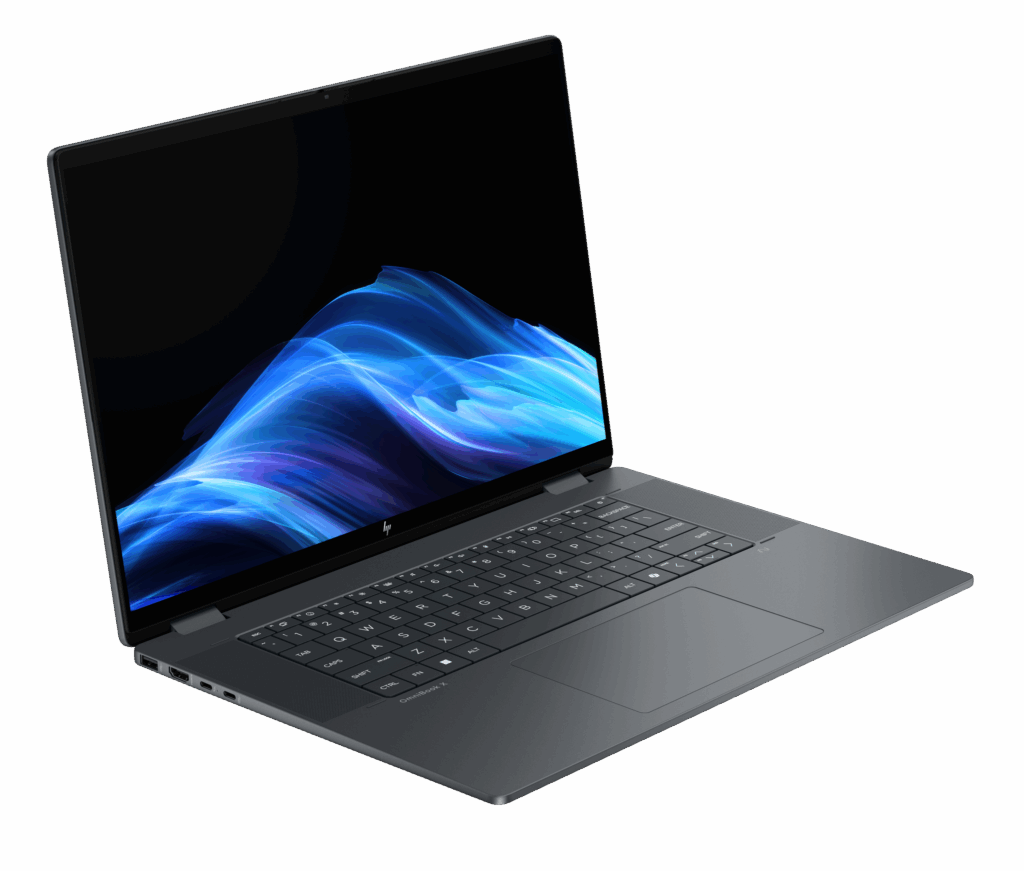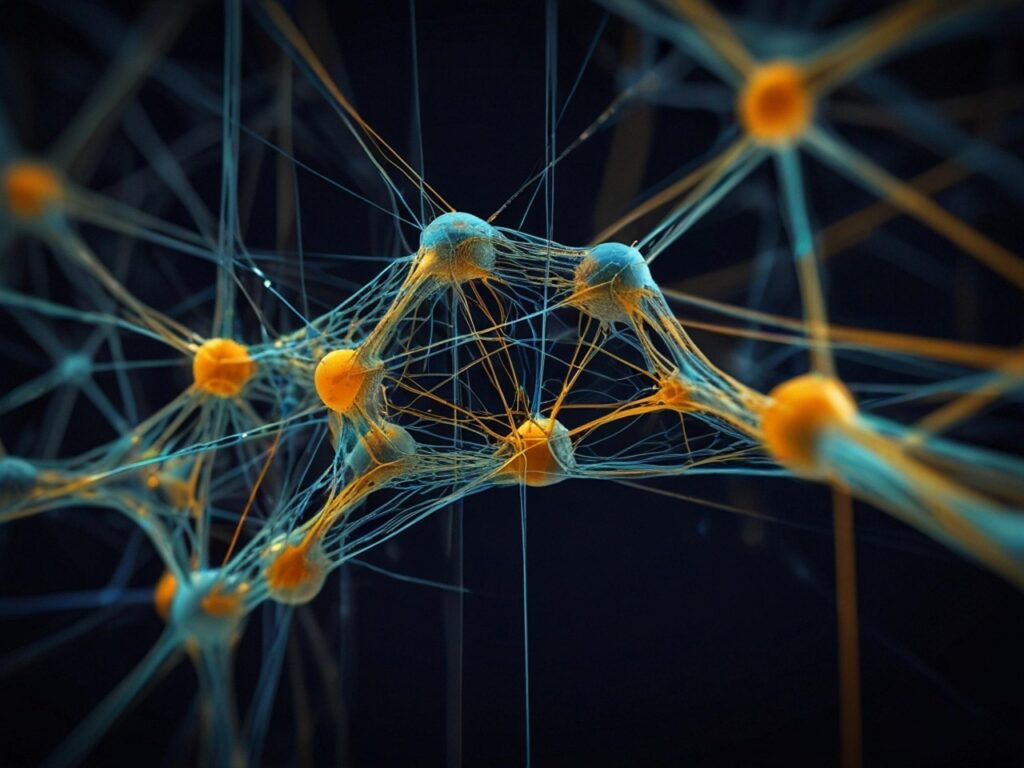Disclaimer: Image not representative of actual Concept Luna device.
Product and manufacturing innovations have been vital to the tech industry’s commercial success for decades. In many or even most cases, that process “trickles down” through a vendor’s solutions as new components and features. Typically, these innovations first appear in premium offerings and then find their way into other product lines and SKUs.
However, there are also instances where vendors pursue broader, strategically evolutionary initiatives. A good example is Dell’s focus on “circular” economy, design, manufacturing, and sustainability practices and solutions. Those came together in the Concept Luna initiative it developed with Intel and announced in late 2021. A recent blog post by Ed Ward, president of Dell’s Client Product Group, offers an update on the company’s efforts and accomplishments during the past year.
Circular design, sustainability, and Concept Luna
How do strategic efforts like Concept Luna compare to “trickle-down” product improvements? Dell’s premium XPS laptops and monitors offer good examples of this dynamic. Over time, standout XPS features like the company’s first-to-market “InfinityEdge” displays, materials science advances, tiny webcams, and extended battery life technologies have found their way into or inspired similar offerings in its Latitude, Inspiron, OptiPlex, and Alienware solutions.
In contrast, while technologically focused, Concept Luna aims to address complex societal challenges with global implications, including climate change, e-waste proliferation, and constraints on natural resources. How does circular design impact these issues? By actively pursuing goals and embracing processes and materials that contribute to zero greenhouse gas (GHG) emissions, including recycled, renewable, reusable, and reduced carbon emissions materials.
Dell devoted considerable attention and investment to circular economy issues before Concept Luna. In the year prior to the announcement, it increased its use of recycled and renewable materials, including closed-loop aluminum from out-of-use hard drives and bioplastics made from tree waste in the paper-making process, and scaled its use of reclaimed carbon fiber to more than 1.2 million pounds.
In essence, Dell envisions technology in a world where nothing goes to waste. During the past 2+ years, the company’s efforts to make that vision real have resulted in over 430 patent applications and achievements that are delivering significant benefits to Dell customers and partners.
Concept Luna: Accelerating circular design and benefits
In his blog, Ed Ward discusses how Concept Luna has served as a catalyst to accelerate work by teams and product groups across Dell during the past year and in 2024 in four interconnected areas:
- Modular design – The company is focusing on using modular components to reduce the adhesive and screws used in manufacturing and assembly. That makes products easier to access, repair, and upgrade, thus extending the lifespan of Dell solutions. In 2024, it plans to introduce more modular components, like serviceable display panels, and continue to reduce adhesives and screws.
- Emissions reduction – Dell continues to design products with sustainable materials and energy-efficient components to reduce waste and reliance on newly mined or created materials. It has increased its use of recycled steel and aluminum and will introduce recycled cobalt for laptop batteries in 2024.
- Intelligent telemetry – The company is using tools, including predictive analytics, AI, and machine learning in concert with device diagnostics to improve product performance and extend the life of components.
- Repair, refurbish, and recycle – Dell offers a variety of services that enable customers to easily return products and solutions that have reached the end of life. That, in turn, has bolstered its ability to harvest components and materials for reuse, refurbishment, and recycling.
According to Ward, “We set out to engineer all that was possible with Concept Luna, incorporating it into how we accelerate circular design across our breadth of products more quickly. This approach is reinforced by customer feedback, which stressed the importance of balancing ease of repair and performance with security, durability, reliability, and longevity needs.”
Final analysis
What can we conclude from Dell’s progress with Concept Luna? First and foremost, unlike companies that are pursuing anemic or nonsensical sustainability efforts and goals, the company’s Concept Luna qualifies as a blueprint for both robust and practical achievements.
Reducing the number of adhesives and screws used in product manufacturing may seem trivial to some. However, multiplied across tens or hundreds of millions of laptops, PCs, workstations, displays, and other products, the impact of such efforts can be profound. That is especially true if you factor in the potential time savings that can be achieved during more efficient product maintenance, repair, and upgrade efforts.
Second, the company’s high profile and leadership in numerous global markets give Concept Luna and its sustainability goals a higher profile and potentially larger impact than it might otherwise have. That is crucial in terms of reducing the estimated 54 million metric tons of e-waste produced annually. Though tech devices are largely produced for and eventually cast off by users in developed countries, a significant majority are disposed of in still-developing countries, resulting in health and pollution hazards.
Finally, it is worth noting the point Ed Ward makes in the conclusion to his blog: that Dell’s support of circular design and development is being driven with the help of its enterprise customers. Those companies’ focus on “balancing ease of repair and performance with security, durability, reliability and longevity” reflects both the crucial roles that technology plays in modern business, as well as the need for practical, workable, cost-effective solutions.
Concept Luna proves that Dell Technologies is listening and steadily progressing toward its sustainability goals.
- Dell Concept Luna – Inspiring Sustainable Innovations with Circular Design - December 21, 2023
- AI Alliance: IBM, Meta, Dell and 50+ Founding Partners Pursue Open, Transparent and Safe AI Innovation - December 13, 2023
- Dell Technologies: Creative Partnering = GenAI Innovation - November 30, 2023



